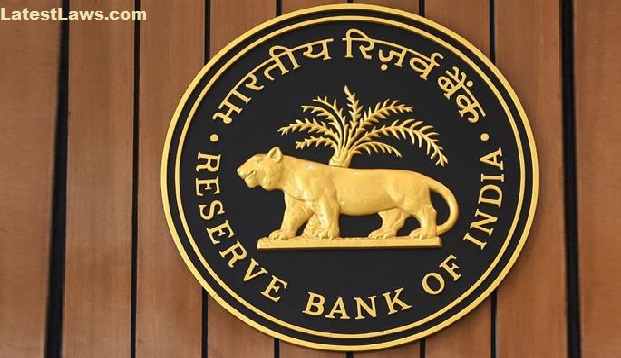The Supreme Court has recently issued a notice in response to an appeal filed by the Reserve Bank of India (RBI) against the Kerala High Court's order that lifted the loan restrictions imposed by the RBI on Thiruvalla East Co-operative Bank Ltd. The notice was issued by a division bench consisting of Justice Sanjay Kishan Kaul and Justice Sudhanshu Dhulia, with the Attorney General for India, R Venkataramani, representing the RBI.
The case stems from an inspection conducted by the RBI before imposing the prohibitory order on the Cooperative Bank, accompanied by an inspection report that highlighted certain deficiencies in banking practices, particularly in some loan advance schemes that were susceptible to misuse.
The Kerala High Court, in its ruling, upheld the decision of a single bench that lifted the restriction placed on the Co-operative Bank by the RBI, citing that the bank was not given a fair opportunity to present its side before the prohibition was imposed. According to the court, the RBI cannot outrightly prohibit the bank's transactions under Sections 35 and 36 of the Banking Regulation Act, 1949, unless there are exceptional circumstances to warrant such action. The court stressed that before passing any prohibition orders, the RBI must provide factual evidence and give the banking company a chance to be heard.
"We are of the firm view that in normal circumstances, RBI cannot pass a prohibitory order under Section 36(1) without giving the banking company an opportunity to be heard. The deviation is exceptional and that too, to protect the public interest. If RBI intends to pass such an order, it must demonstrate with reasons in the order itself how the larger public interest would be adversely affected if a prohibition order is not imposed," the High Court stated.
The High Court further criticized the RBI for not providing sufficient reasons before imposing the order, indicating a lack of proper application of mind. The court suggested that if certain loan schemes were deemed against banking policies, the RBI could have ordered the bank to halt those specific schemes until any deficiencies were rectified.
In response to the High Court's decision, the RBI has appealed to the Supreme Court, arguing that the restrictions were put in place due to serious irregularities found in the bank's loan-granting processes. The bank had been under scrutiny following inspections conducted at its headquarters and various branches, leading to the imposition of credit restrictions.
While the matter is now pending before the Supreme Court, no stay has been requested on the High Court's order, allowing Tiruvalla East Co-operative Bank to continue offering loans without hindrance for the time being.
Source: Link
Picture Source :


























